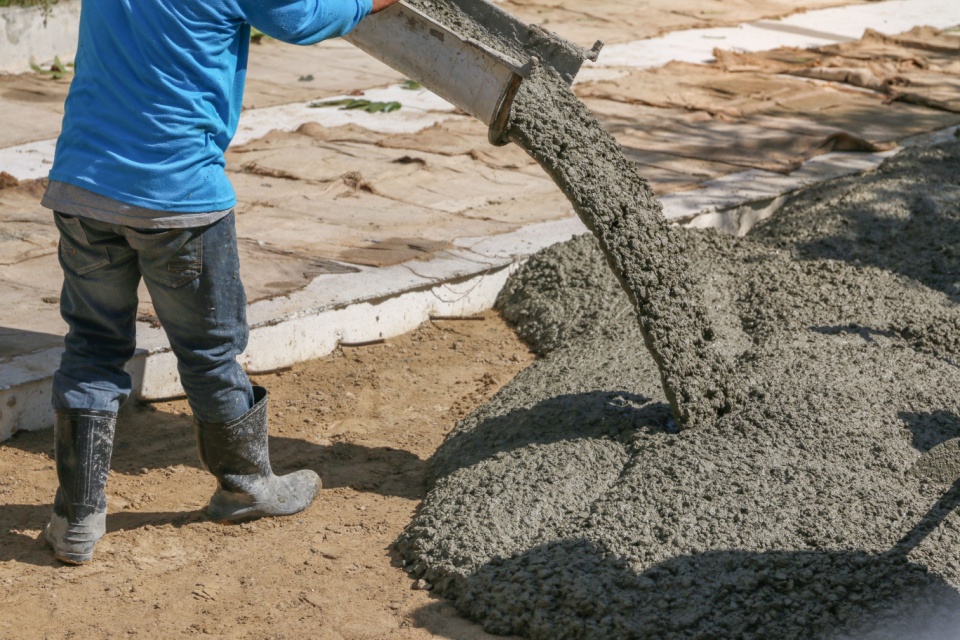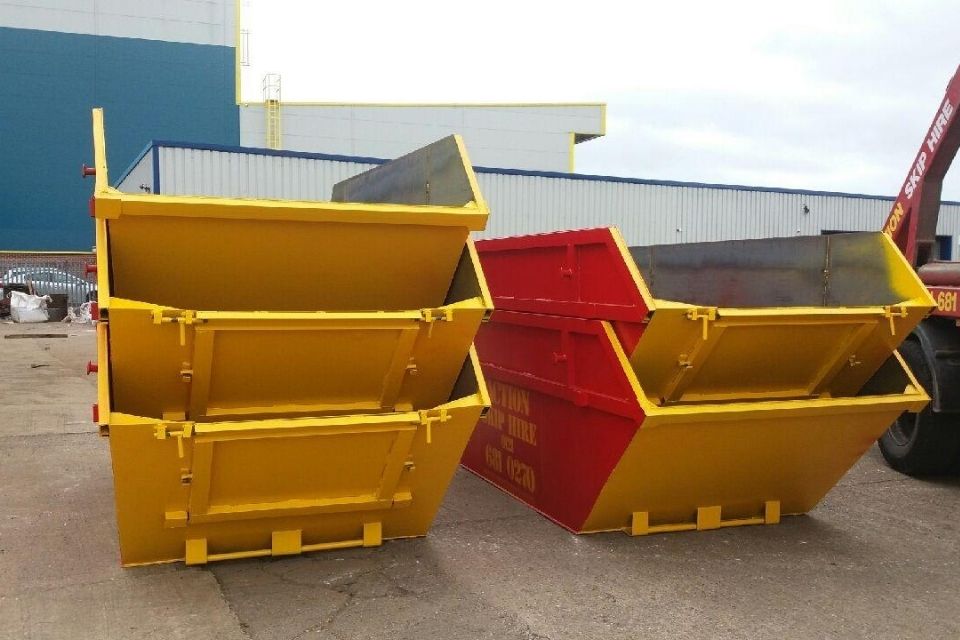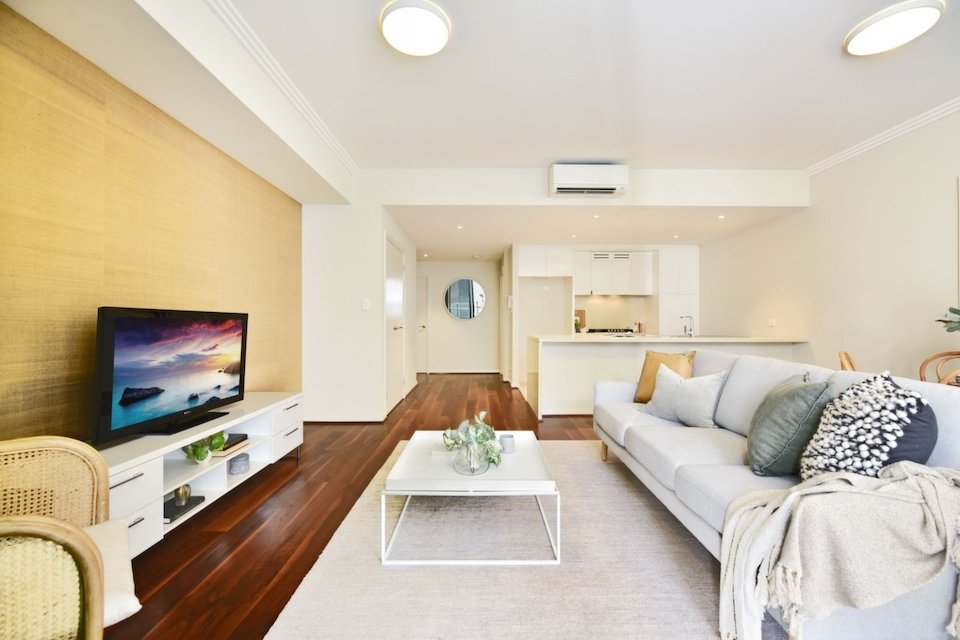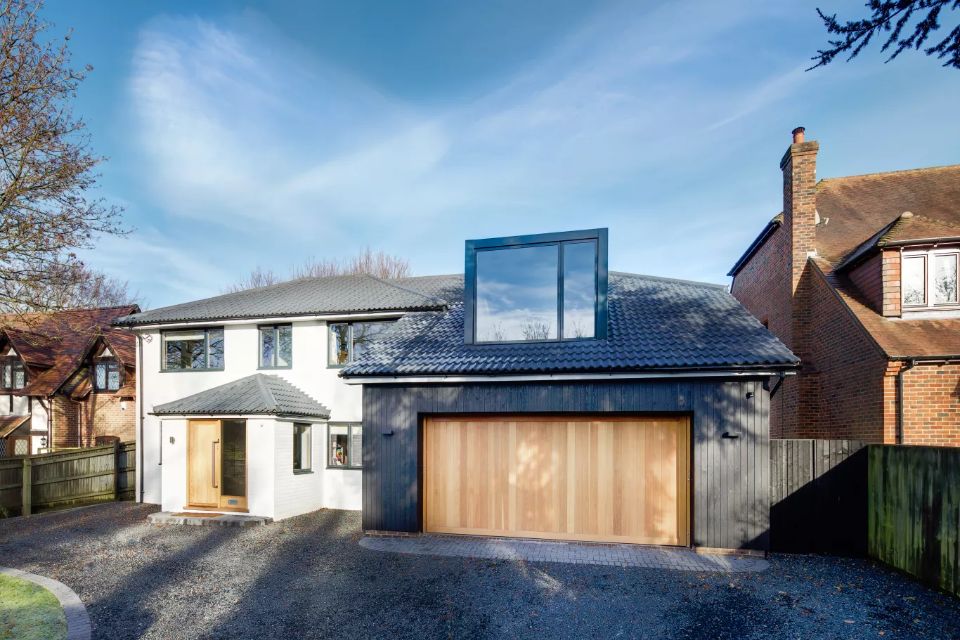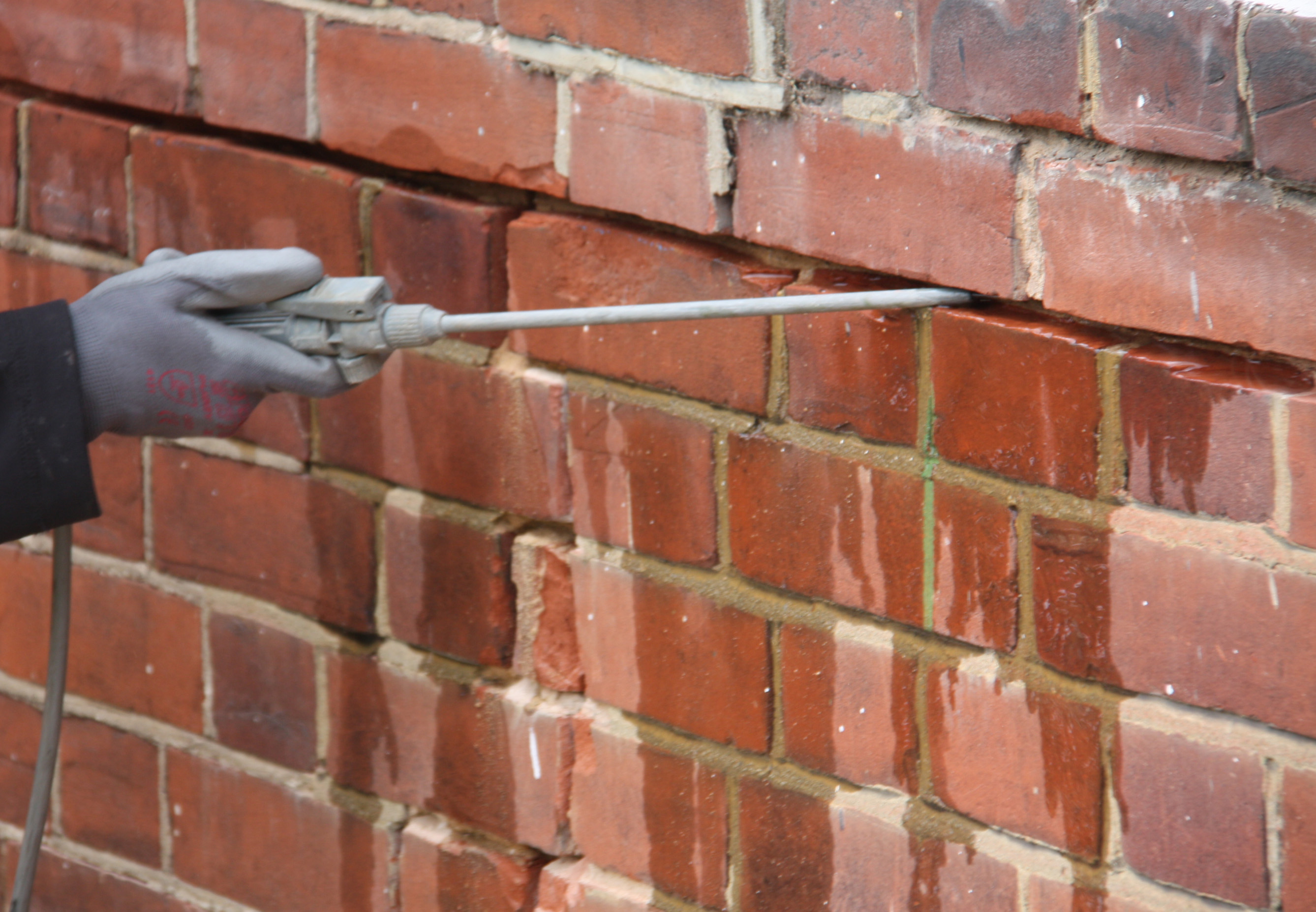How Much is Ready-Mix Concrete?
Ready-mix concrete is made up according to your specifications and then delivered to your location already mixed.
Considering the time and effort saved, the average cost of ready-mixed concrete delivered to your location, at £200 per cubic metre, is a cost-effective choice for your construction needs.
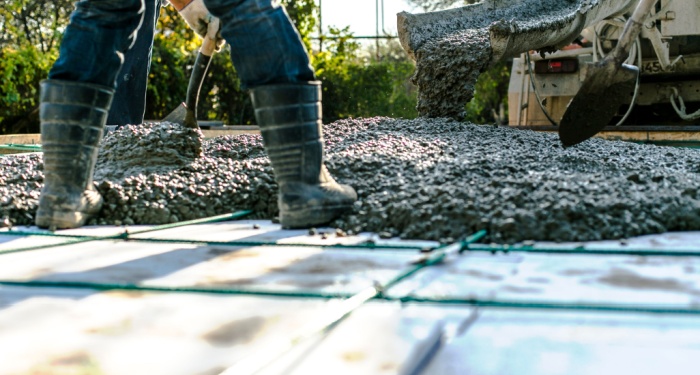
Ready-mixed concrete is used for a vast variety of building projects including the building of driveways, patios, flooring, foundations, and paving.
Many of the companies that deliver ready-mix concrete to your door only give ballpark figures and instead, prefer to give you a quote for what you need. But there are prices available, but we’ve done the research to give you the average costs of buying ready-mix concrete for a variety of different jobs.
- How Much is Ready-Mix Concrete?
- Ready-Mix Concrete Prices
- What are the Supply Costs for Ready-mix Concrete?
- What are the Additional Costs of Using Ready-mix Concrete?
- Tradesmen Costs for Handling Ready-mix Concrete
- Other Additions You May Want to Add to Your Budget
- Can I use Ready-Mix Concrete Myself?
- How to Lay a Concrete Patio Using Ready-mix Concrete
- How Long Does It Take to Deliver and Use Ready-Mix Concrete?
- Types of Ready-Mix Concrete
- The Pros and Cons of Ready-Mix Concrete
- FAQs
- Sources
Ready-Mix Concrete Prices
The chart below gives you an idea of the average costs of ready-mixed concrete according to its strength and type.
Types of Ready-Mix Concrete:
- C8 – C10 – C15: These are used for light work such as kerbs or drainage works.
- C20- C25: This is a standard mix used for domestic flooring, foundations, and driveways.
- C30 – C35: Used for commercial purposes for roadways and walls.
- C40: Used for commercial use for road and structural support.
Ready-Mix Concrete Price List
| Strength of Concrete | Average Price Per Cubic Metre |
|---|---|
| C8 – C10 – C15 | £80 - £105 |
| C20 – C25 | £85 - £112 |
| C30 – C35 | £90 - £125 |
| C40 | £95 - £130 |
| Waterproof | £150 - £160 |
| Screed | £20 - £30 per m2 |
These prices reflect the difference in your location. In the London area and the South of England, you can expect to pay more than other parts of the UK.
The advantages of ready-mixed concrete are that the mixes can be customised, there’s no waste, and it’s a time-saving procedure. There are three main types of ready-mix concrete, and these are:
Transit-Mixed Concrete
This type of concrete is mixed in the lorry whilst in transit to your destination. By the time it reaches your location, it is ready-mixed.
Shrink Mixed Concrete
Shrink-mixed concrete is mixed partially at the plant and then finished at your location. This process reduces the volume of the mixture.
Central Mixed Concrete
Central-mixed concrete is mixed at the plant and then delivered to you ready for use. The delivery vehicle keeps the concrete in a rotating drum which ensures that the concrete doesn’t separate or settle.
What are the Supply Costs for Ready-mix Concrete?
Many concrete supply companies will have a minimum purchase order. The average minimum order is between 0.5 m3 and 1 m3. This amount is reasonable, taking into consideration that a small shed with a concrete slab would use around one cubic metre of ready-mix concrete.
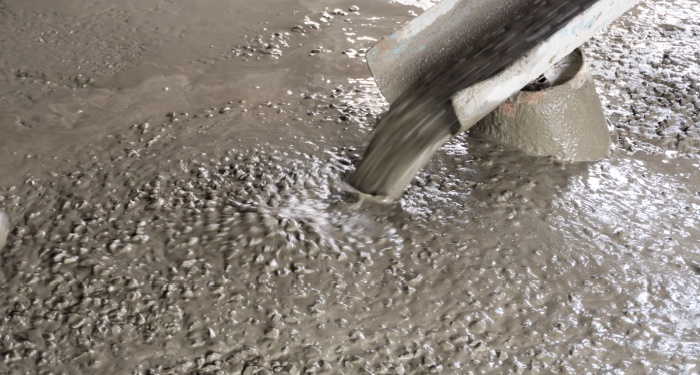
You might also get a discount for a bulk order. Some companies offer free delivery if you buy a minimum quantity, and some companies supply a free barrowing service to get your concrete from the lorry to its location.
What are the Additional Costs of Using Ready-mix Concrete?
The additional costs of ready-mix concrete include delivery, the time it takes to offload the concrete from the lorry, any additives or strengtheners included in the mix, pump hire, if necessary, and labour costs.
Many delivery companies will want to give you a quote if you are adding additives and admixtures. If you weren’t using a delivery company and you were mixing your ready-mix concrete on location, the price of the above additives can be seen in the chart below:
| Type of Additive | Amount | Cost |
|---|---|---|
| Accelerator | 5 Litres | £7.50 - £9.00 |
| Concrete Fibres | 150g | £6.00 - £7.00 |
| Air-entrained | 3.8 Litres | £150 - £160.00 |
| Foam | 2.5 Litres | £40 - £45 |
| Retarder | 25 Litres | £45 - £50 |
| Waterproofer | 5 Litres | £22 - £35 |
The types of additions to cement include:
Accelerator
If accelerator is added to concrete during the mixing process it speeds up the rate it sets and develops strength faster.
Fibres
Adding fibre to your concrete mix improves elasticity, which helps prevent cracks. It also reduces porosity and prevents low-temperature thawing.
Air Entrainer
Air entrainer adds air into the concrete which means Pressure is relieved during freezing temperatures stopping the concrete from cracking.
Retarder
Retarder reduces the amount of water in the concrete, so it is more workable and has a slower setting time.
Waterproofer
Waterproofer reduces cracks and moisture penetration. It protects the concrete from mildew, mould, and damp.
Another addition to your budget will be the cost of delivery and using labour to wheelbarrow the concrete onto the patio.
The trades you will likely use for handling concrete will either be a builder, a labourer, or a handyperson. Have a look at the chart for the cost of hiring these contractors.
Tradesmen Costs for Handling Ready-mix Concrete
| Trade | Cost Per Hour | Day Rate |
|---|---|---|
| Builder | £16 - £42 | £ |
| Labourer | £10 - £40 | £ |
| Handyperson | £20 - £35 | £ |
As you can see from the chart it depends on how much concrete you are having delivered as this will have a bearing on the time the tradesperson is working.
For example, barrowing 6m3 of cement from a lorry may take around 240 trips using a standard wheelbarrow. This could take one person 4 hours. The quickest way to get the job done would be to use 4 people which would take about 1 hour to an hour and a half.
If you use two tradespeople, yourself and a friend, you will probably pay between £40 and £63 for the trades. If you need to use 4 tradespeople, the cost will double to between £80 and £126.
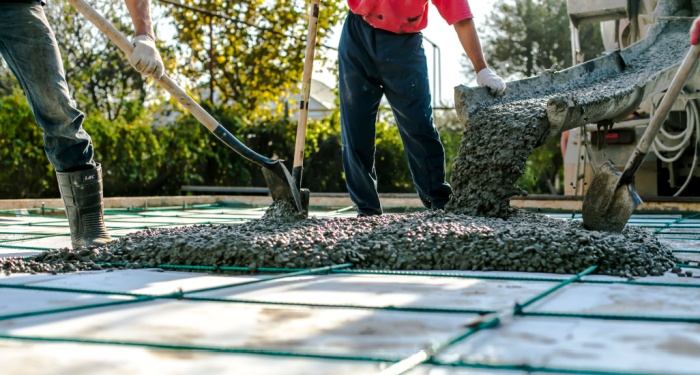
If access is awkward you may have to hire a pump. Companies will use line pumps for small and medium-sized applications.
The hose attached to the pump is stretched from the lorry to the location of the building work and then the concrete is pumped through the hose. On average the cost of hiring a pump from the delivery company is between £250 and £350, but a lot of companies will ask you to contact them for a quote.
Some companies also charge by the hour and the price will depend on how much concrete you are having delivered. You can expect to pay between £100 and £200 per hour, but you will pay more for larger loads.
Another additional cost you might have is the cost of screed. You use a screed to level an uneven concrete floor. If you were concreting a new extension, you might need screeding to cover the installation of underfloor heating.
Screed will cost you between £20 and £30 per m2. If you are screeding a 5m2 area, then you will need to spend between £100 and £150.
If you are building a patio, you will also need sand and a polythene damp membrane.
Other Additions You May Want to Add to Your Budget
While you are working on your home, you might decide to do a few jobs using ready-mix concrete. Here are the average costs of some of the jobs you might decide to do:
Concrete Driveway
The cost of a concrete driveway will depend on the size and the ease of access. If you were to lay concrete for one car at around 6m2 then you can expect to pay between £760 and £970 for a flat surface and between £960 and £1260 for a patterned/pressed surface.
To lay the driveway yourself, you will be looking at between £510 and £720 for a flat concrete surface of 6m2. A patterned/pressed concrete driveway of 6m2 will be between £610 and £820.
Painting Concrete
Painting concrete can make it look more attractive and appealing. For example, if you were to paint your driveway you would use driveway paint. A 5-litre tin will cost between £40 and £60.
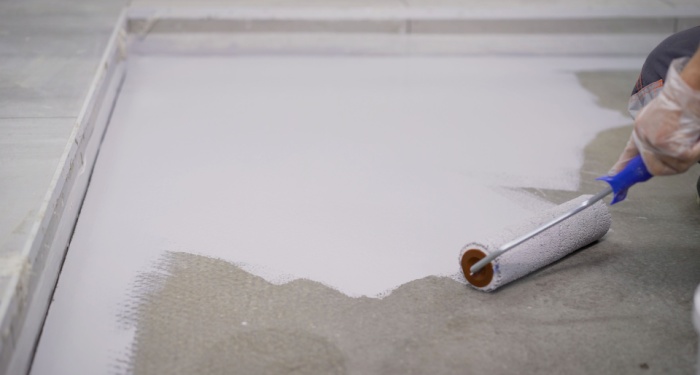
Driveway Gate
To fit a single metal gate that’s hung on brickwork will cost on average between £150 and £200. Two gates hung on concrete posts will be around £650 to £1000.
You will find metal gates cost more than wood. For example, £a 3ft x 3ft wooden gate costs on average between £15 and £50. A metal gate with the same measurements will cost on average between £60 to £110.
Electric gates are the most expensive. You can expect to pay between £1000 and £4000 for electric sliding gates. Then, there is the mechanism to add. The average cost depends on the type of mechanism you choose, but on average, you can expect to pay between £280 and £2000.
Drop Kerb
You may need to drop the kerb to gain access to your new driveway. Prices vary according to where you live and the policies of your local authority. The first step is to apply to the council to have your kerb dropped. You will need to pay a non-refundable fee of between £70 and £100.
Creating a dropped kerb usually means dropping between 3 and 7 kerbstones. Fewer kerbstone drops mean less to pay. For example, the difference between dropping two kerbstones with a pavement size of under 2 metres and dropping 5 kerbstones is £400.
Dropping 2 kerbs with a pavement size of under 2 metres will cost, on average, between £300 and £350. Dropping 5 kerbs with the same pavement size will cost between £700 and £750.
Can I use Ready-Mix Concrete Myself?
Yes. If you are competent at DIY, then there’s no reason why you shouldn’t use it for your own DIY project.
Let’s have a look at the cost of ready-mix concrete to create a concrete patio. The patio is 5m2, and an online calculator has confirmed that you need to order 7m3 (cubic metres) of concrete for the job.
You have the choice of two types of concrete one is waterproof, and the other type is a standard C20. The standard C20 will cost you between £595 and £560.
The waterproof concrete isn’t cheap, but it will reduce the porosity of the concrete which means it won’t absorb so much water and it will be stronger. Waterproof concrete will cost between £1050 and £1120.
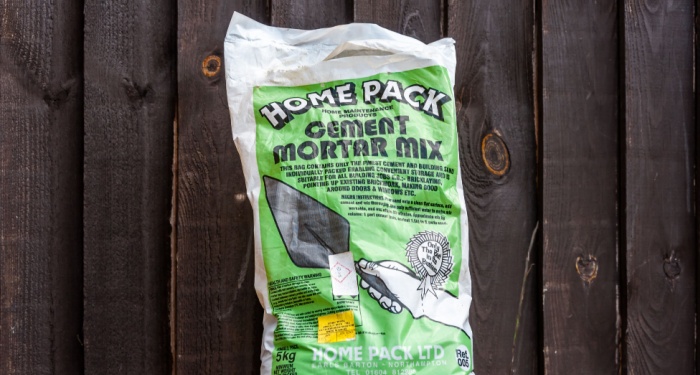
You will also need to lay the concrete over a layer of small stones. The stones will cost you between £25 and £52, so you must add this to your budget. You’ll also need sharp sand, and for a 5m2 patio, this will cost an average of £45.00.
A further cost will be the purchase of a polythene damp-proof membrane. You can buy this at most DIY stores. The cost will depend on the size you need, but average prices are between £54 and £105.
You won’t have labour charges if you are doing it yourself. But you will need tools to get the job done. Most of the tools are likely to be in your possession already, for example, you will need a hammer, spirit level, mallet, rake, and shovel.
If the ready-mixed concrete is being delivered, but not pumped then you will need a wheelbarrow or two so that the concrete can be moved to its location. A wheelbarrow costs between £40 and £75.
Here’s a chart showing the costs of the other tools in case you don’t have them:
| Tools | Average Cost |
|---|---|
| Hammer | £5 - £25 |
| Spirit Level | £15 - £30 |
| Rubber Mallet | £6 - £22 |
| Rake | £10 - £15 |
| Shovel | £6 - £22 |
| Flat Piece of Wood | Free – Ask family and Friends |
| Trowel | £8 - £12 |
| Chisel | £9 - £14 |
| Wacker Plate | £35 - £40 One Day Hire |
| Darby or Bull Float | £20 - £30 One Day Hire |
| Polythene Sheet | £54 - £105 |
| Wheel Barrow | £40 - £75 |
You will also need string and wooden pegs to mark the area and wood to create a frame for the concrete. When you add the stones, a wacker plate will make compacting them much easier.
You can hire a wacker plate for around £35 to £40 for a day’s hire. Prices will depend on your location. You should expect to pay more if you live in London or the South East of England where prices are higher.
Another thing you can hire is a Darby or Bull Float. This tool is used to smooth off a concrete base. The average cost to hire either one of these tools is around £30 for a 24-hour hire.
A ballpark figure for the cost of a 5m2 patio will be around £1500 to £1800, depending on the concrete you use and the labour costs.
How to Lay a Concrete Patio Using Ready-mix Concrete
Measure out and mark the area that is to be concreted. You do this using either string and pegs or spray paint. Make sure the area is level and there aren’t any weeds or grass.
- Dig out the ground to a depth of at least 150mm.
- Cover the dugout area with hardcore or stones at a depth of around 75mm.
- Fit timber around the edge of the area to create a framework.
- Spread the stones and compact them using either a wacker plate (which is easier) or by using a manual earth rammer.
- Use the sharp sand to cover the stones and then spread out the polythene damp-proof membrane.
- Have your ready-mixed concrete delivered and poured.
- Spread the concrete evenly across the area and make sure it is level using a straight piece of wood.
- Smooth off the concrete by using a Darby or Bull Float
- Cover the base. If bad weather is forecast, use polythene. If it is hot, use damp sacking. Keep the area covered for 24 hours.
- Leave the concrete to cure for 3 days and then remove the timber frame.
Your concrete patio will continue curing for up to 28 days. Once the concrete is cured you can then paint it if you wish, but you must wait at least one month for every inch of depth. If you have a depth of 4 inches, then you should wait 4 months before you paint it.
How Long Does It Take to Deliver and Use Ready-Mix Concrete?
Ready-mix concrete is usually delivered from a location close to your home. A full load of concrete, which is around 6 cubic metres, will take around 40 minutes to discharge. Once the concrete is in place, it should be laid and finished within an hour.
Types of Ready-Mix Concrete
There are various types of ready-mix concrete, and what you need will depend on the type of construction you are having built. The most common cement types are:
Standard
Standard concrete is often known as multi-purpose concrete. It is used for shed bases, patios, steps, and paths.
High Strength Concrete
High-strength concrete contains cement, sand, and coarse aggregate. It is suitable for jobs that require a high-strength application, such as a driveway, footings, or foundations.
Postcrete
Postcrete is a ready-mixed concrete containing hardeners and it is used to fix-in fence posts. It sets quickly within 5 to 10 minutes.
Quickset Concrete
Quickset concrete is designed for small jobs such as floor repairs, slabs, or paving. It sets within 30 minutes which makes it ideal for small DIY projects.
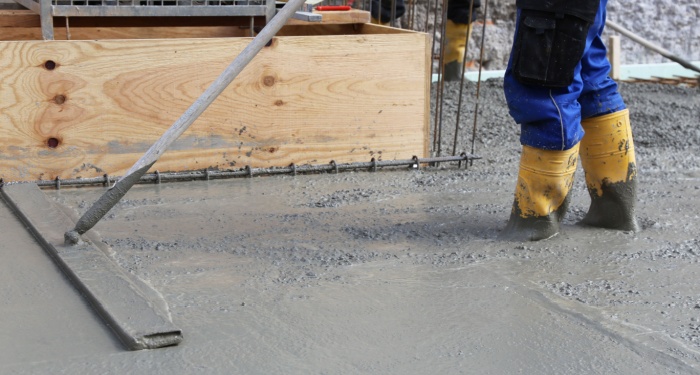
Fibre Reinforced Concrete
Adding fibres to concrete improves the durability of the material by reducing the risk of cracking. Fibre-reinforced concrete also increases its resistance to fire.
Waterproof Concrete
Waterproof concrete is watertight which means mould, mildew and moisture from soil don’t penetrate through to the concrete. This means that problems caused by water penetration Ike cracking and reduced strength don’t occur.
The Pros and Cons of Ready-Mix Concrete
Pros
- Convenience – As the concrete arrives at your location ready-mixed, it saves you a lot of time and work.
- Consistency – The delivery you receive from the lorry doesn’t have issues with consistency, which can sometimes happen when cement is mixed on location.
- Cost-effectiveness – You don’t pay for unused materials.
Cons
- The cement mix needs to be transported to the site, so you are tied to a certain date and time.
- The cement is mixed on-site, so once it has been made, additives or volumes can’t be adjusted.
FAQs
Q: How long does ready-mix concrete take to set?
A: Wet concrete takes between 24 and 48 to set. But if you are creating a driveway, for instance, you should not drive your car onto it for 28 days to allow the concrete to cure properly.
Q: How Much Ready-Mix Concrete Do I Need?
A: The amount of concrete you need will depend on the project you are taking on. All you need to do is measure the length and width of the area that needs the concrete and then put it into an online calculator.
The calculator will tell you what you need. If you are ordering ready-mix concrete from a delivery company, then they are likely to ask for the measurements so that they can tell you what you need.
Q: Can Ready-mix Concrete be Used in Cold Weather?
A: Yes, you can pour concrete in cold weather. However, concrete is best poured in temperatures of between 10C and 15C (50F to 60F). If you need to pour concrete in temperatures below 5C (40F) then it might be an idea to use a concrete blanket.
Covering your freshly poured concrete with a concrete blanket generates heat to help the concrete cure and prevent freezing. The cost to buy a curing blanket is, on average, between £100 and £175, depending on the size and thickness.
Q: What is Ready-mix Concrete Used For?
A: It can be used for most building projects. Residential use will include paths, roads, paving, driveways, walls, and floors.
How much would it cost to install a polished concrete floor in my kitchen?
The cost to install a polished concrete floor is around £125 to £165 per square metre. If you need a concrete floor polishing, you will be looking at costs of between £25 and £55 per metre squared.

